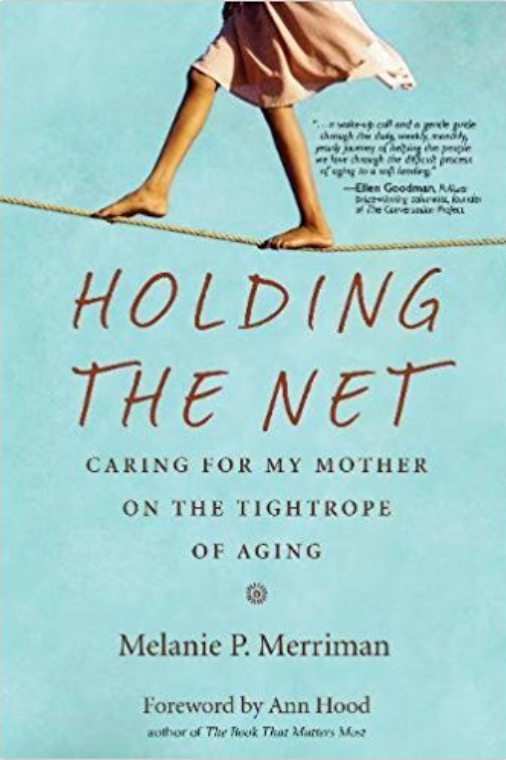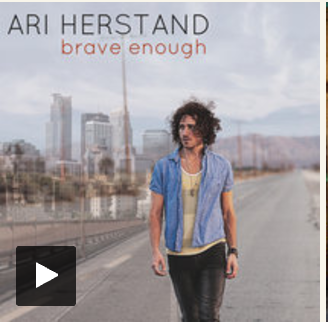By Karen Collazo
I’ve carried the weight of depression around with me my whole life. When I was five years old, I would bring on anxiety attacks just thinking about existential topics my little mind couldn’t wrap itself around. Things like: What if my parents die tomorrow? What will happen to my soul when I die? Where does the universe end and what’s on the other side of that? Is there a God? These might seem like average questions for a philosophy major, but I was in Kindergarten.
I’d let these questions and ensuing dreadful thoughts race through my mind as I lay in bed trying to fall asleep on a school night. I’d get so worked up that I’d race to my parents’ room to kneel down by their bed and beg God (or whoever) not to take them from me or let anything bad happen. Sometimes my mother would find me curled up on their suede chaise lounge chair the next morning and innocently assumed that like most children; I was scared to sleep on my own. But really I was afraid of much more.
When I think back to my childhood, I see myself all alone. I grew up in a home with two parents and a sibling, but we were all pretty absent from each others’ lives. My mother and father were typical immigrant parents, in that they had degrees and careers in Cuba, but were relegated to minimum-wage jobs when they first arrived in this country. My mother, an architect, quickly picked up the English language and began managing an insurance agency. She would be the stable bread winner until her last breath. My father, an engineer, was obsessed with getting rich quick and took all kinds of odd jobs and illegal side gigs. He was always away on business.
Because of this, my mother was typically consumed with thoughts of her husband’s whereabouts. Add to that: managing the household, helping family abroad and keeping it together for the sake of the children, and you can’t blame her for not being fully there for us kids. Sure she’d ask about our report cards and drive us to Michael’s to buy supplies for our science projects, but she only covered the basics. When I was repeatedly bullied in school, I never turned to her for help. I simply tried my best to ignore my tormenters and eventually learned to stand up for myself. When I was sexually assaulted by friends at a party, and later ostracized by everyone at school, I took matters into my own hands and transferred to another school. My mother never probed as to why I would leave all my childhood friends behind, nor did I provide that information.
My mother was ignorant to the life that was unfolding inside of me and the experiences that were shaping my character. Some say it’s a cultural gap that forces second generations to raise themselves, because the traditions and practices of this new world elude our parents. However, there was a space that existed between our personal orbits that eclipsed our immigrant circumstance. At a very young age, I was forced to navigate life on my own and this created major resentments in me. To survive, I did the only thing I knew how. I pushed past the pain and disappointment and learned to function through the hopelessness.
Over the years, I became skilled at managing my anxiety and depression. I self-medicated with a limited set of tools available to me: food, stealing, drugs, alcohol and sex. When one device alone didn’t do the trick, I started combining them. At 30 years old, I finally lost the ability to keep things under control. I started spiraling and could not find a balance between the demands of a high-stress job and the need to cope with my ongoing despair.
One night, after drinking a bottle of Malbec and smoking a joint, I experienced my first full-blown panic attack. I was standing outside my Gramercy apartment in New York, smoking a cigarette with a friend. I remember talking about work and bouncing some ideas off him when suddenly I was struck with an unequivocal awareness that I was going to die. I was certain I would not survive the sudden impending doom that was fast approaching. My arms and legs started to shake uncontrollably. I started hyperventilating. I grew dizzy and then… black. When I came to, I couldn’t move at all. I stayed there on the ground for what seemed like hours, trying to steady my breath. Later that night when I was safe in my bed, I resolved to finally seek professional help.
The first time I ever saw a doctor for depression, was right after my mom passed away. I was 21 years old, in an abusive relationship and trying to finish up my bachelors. I woke up every day feeling defeated. It was suggested to me that a therapist might help and so I thought I’d give it a try. That experience was the coldest and most impersonal encounter I’ve ever had with a healthcare professional. I was prescribed drugs within 15 minutes, asked for the copay and told to come back next month. I walked out of that doctor’s office feeling even more lost than when I had walked in. So it was with a lot of hesitation that I approached the idea of giving therapy a second try.
Since my depression and addiction were top secret, I didn’t want to ask around for a recommendation so I decided to use an online counseling tool available through my medical insurance provider. After filling out a brief survey, I received a phone call from a specialist. For 30 minutes, I sat in the break room of a prestigious advertising agency near Union Square and discussed my medical history, my parents’ and my lifestyle choices with a total stranger. He was friendly, calm and his voice was soothing. During that first conversation, I found the courage to be honest with myself and another human being about my problem. What I had rationalized as normal behavior for so many years suddenly became clear to me as unusual behavior.
How often do you consume alcohol in a given week? Well, on average about 4-5 times a week. But you know, I’m young and single and I live in New York City so... How much alcohol do you consume during each occasion? Oh, it really depends on the circumstance. Sometimes I’ll have a bottle of wine with dinner and a few shots of whiskey. Other times, I’ll have 3-4 beers and a few shots of whiskey. Always whiskey. But, like, I have a bottle of whiskey on my dresser and I don’t wake up with the urge to drink. It’s been sitting there for a few weeks. Have you ever consumed any other drug? Umm… yes. I mean, who hasn’t am I right? Which drugs and how often? The sympathetic specialist concluded that I needed to seek treatment. I immediately hung up and met up with friends for happy hour at a hole-in-the-wall bar we used to frequent for bingo and trivia nights.
That tape played three more times, with three different therapists, and each time I lost the ability to argue my point. Little by little, each professional chipped away at a carefully crafted façade that I could no longer hide behind. It was a very slow process for me to come to understand and then accept that I was a drug addict. In fact, it took exactly five years. It wasn’t until I returned to Miami, that I finally faced my demons.
When I left Miami in 2003, I swore I would never return. I thought I was meant for bigger and better things, which Miami could not offer me then. But after 12 years, I was still that lonely anxious girl who ran away from a failed relationship, a broken family and many ghosts. The only thing that had changed during that time was my income tax bracket. Returning to a place I once called home, but no longer recognized was an unexpected culture shock. It stirred the internal 30-year war and thrust me into the deepest gloom I have ever wrestled with.
My bottom was not a palpable outward-facing collapse. Instead I had arrived at a spiritual wasteland. It was a typical week night and I had pulled in a long day at the office. There was still more work to be done once I got home, so I picked up a hundred of coke on my way. I’ll just do a few bumps to get me through this last round of emails, I thought. As soon as that first hit flooded my system, I was trapped. There cease to exist any control. Instead a savage animal intent on staying alive took over and I receded inside myself. She couldn’t stop. She blew through what I had bought and went out and got more. She spent the whole night doing one line after another, with absolutely no regard for what I truly wanted, which was to stop.
That night, my anxious mind was flooded with thoughts about being, just like when I was five years old. What am I doing with my life? Who am I? Why can’t I just die and be done with it? How can I stop? Why is this happening to me? What is wrong with me? Alone at 6am, watching the light break, I finally disintegrated. A few weeks later, when my new therapist suggested rehab, I was finally ready to surrender.














